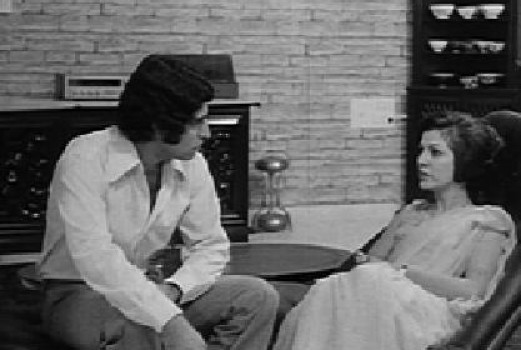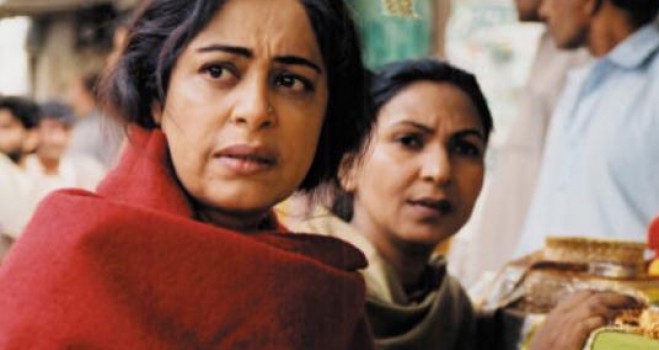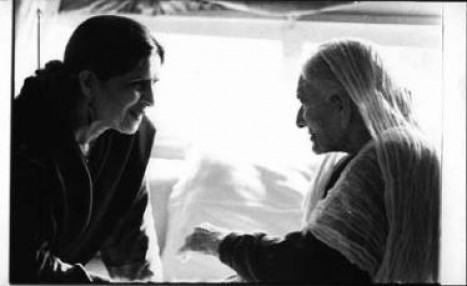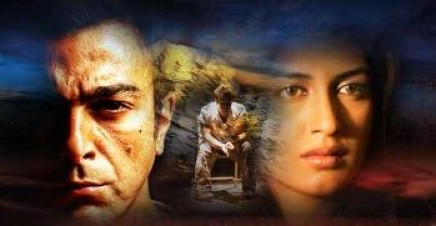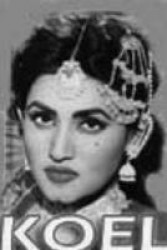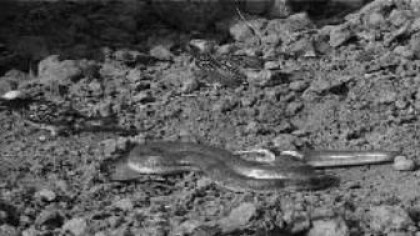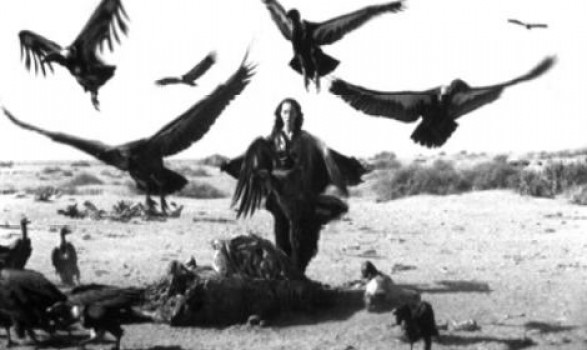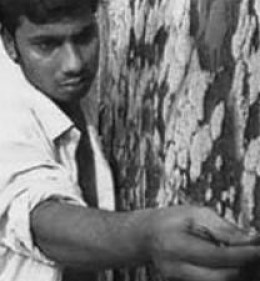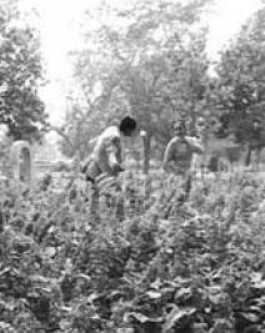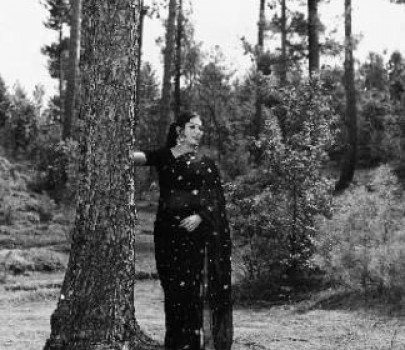Apart from in Great Britain, for reasons of immigration, Pakistan is a poorly known country in Europe to say the least and, I would add, a poorly perceived one. An active minority whose deeds are relayed by the media masks the reality of a large majority that, fortunately, lives normally, doesn’t wear the veil and goes out, be it te the cinema or te restaurants, with women frequenting men. The same holds true of Pakistani cinema that remains virtually unknown by European film-buffs.
To my knowledge, despite the fact that Pakistani cinema has existed for 60 years new, only two or three films have been presented in Continental Europe, yet several hundred films have been made in Pakistan. Therefore, to find out more, I travelled to the country to judge the state of affairs for myself. A particularly difficult task since there is no cinematheque or film archive in Pakistan and the film industry is split between two poles: Karachi, the economic capital, and Lahore, the cultural capital, a little like Milan and Rome for Italy.
To simplify a situation that will be apparent from the selection of films, we can say that Pakistani cinema had its golden age after the foundation of the State of Pakistan, the age of studio cinema during the fifties and sixties, a situation observed on all three continents (in Egypt, Mexico or the Philippines), an age of quality popular cinema. This came to an end with the death of the great technicians and directors, when routine and simplicity took over from artistic creation and, above all, when the political regime dealt the death blow as in 1979, after the conservative coup of 1977, by setting up a ferocious censorship system.
It is nonetheless interesting to note that the 1970s saw the emergence of young filmmakers, independent of the studios, who wished to show a much more objective image of the reality of their country: Mushtaq Gazdar, Djamil Delhavi, Jawed Jabbar (they were preceded by the first true auteur of Pakistani cinema, A.J. Kardar, who made a single film in 1959). Censorship meant that this was just a flash in the pan. Their work was instantly curtailed or continued abread (as in the case of Djamil Delhavi). In the eighties and nineties, commercial cinema entered a phase of total decadence. Despite the influence of the star system and the box office, decay took root in film theatres and even in the numerous production companies that existed up until that time. In Lahore, in the producers’ district, the offices are now abandoned and reels of film lie forgotten on the stairs.
However, like a phoenix rising from its ashes, Pakistani cinema has discovered fresh impetus since the year 2000 and is entering the modem era: a film festival in Karachi, a first Franco-Pakistani co-production to inspire the birth of auteur cinema (Kamosh Pani), support from television for quality “mainstream” cinema (In the Name of God, the biggest box-office hit in Pakistan for years) and above all the arrival of young directors from the rapidly developing film schools, two in Lahore, one in Karachi.
All this could prefigure a brighter tomorrow but… Pakistan remains unpredictable.
Philippe Jalladeau



